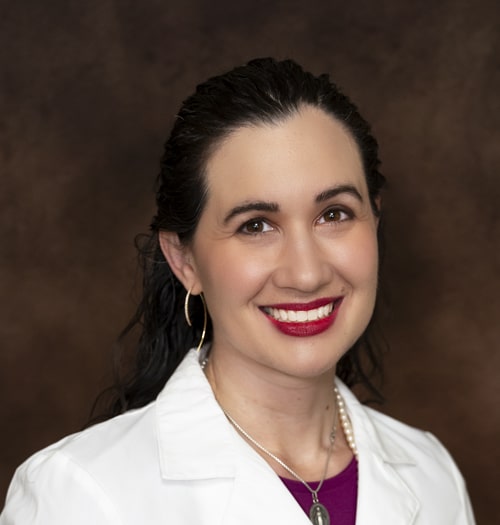September Asthma Epidemic: What Parents Need to Know
As summer fades, many parents and health care providers brace for an annual phenomenon known as the “September Asthma Epidemic.” This term refers to the marked increase in asthma-related hospital visits and emergency room admissions observed each year during this month.
Children are particularly vulnerable during the September asthma epidemic. Their immune systems are still developing, and they spend a significant portion of their day in school, where they are exposed to various triggers. The Centers for Disease Control and Prevention reports that asthma is one of the leading causes of school absenteeism, and the September spike exacerbates this issue, affecting children’s academic performance and overall well-being. Understanding the causes, effects and preventive measures can help parents manage this spike and ensure their children have a healthy start to the school year.
“As school starts, it’s crucial to keep an asthma action plan updated and ensure your child understands their triggers and medications. This proactive approach can significantly reduce asthma flare-ups during the September spike,” Jennifer P. Olivier, MD, with Hattiesburg Clinic Allergy, Asthma & Immunology – Picayune, stated.
Several studies have highlighted a significant rise in asthma attacks and related respiratory issues in September, particularly among children. The factors contributing to this seasonal surge are multifaceted:
- Return to School: The start of the school year brings children back into close contact with one another, increasing the spread of respiratory infections. Viruses, such as the common cold and influenza, can exacerbate asthma symptoms, leading to more frequent and severe attacks.
- Environmental Allergens: September marks the beginning of fall, which brings an increase in airborne allergens. Ragweed pollen, mold spores and other allergens are prevalent during this time, triggering allergic reactions and asthma symptoms.
- Weather Changes: The transition from summer to fall can involve significant weather fluctuations. Cooler temperatures and increased humidity can affect respiratory health, making it harder for those with asthma to manage their condition.
- Medication Non-Compliance: During the summer months, children with asthma might not adhere to their medication regimens as strictly as they do during the school year. The sudden re-exposure to triggers without adequate preventive medication can lead to a spike in asthma symptoms.
While the September asthma epidemic poses a significant challenge, there are several steps that parents and health care providers can take to reduce its impact, including pre-school check-ups, consistent use of medications, allergen control and flu vaccination.
“Encourage your child to wash their hands frequently and get a flu shot to prevent flu complications, which can exacerbate asthma symptoms during the September epidemic,” Dr. Olivier said. “Prevention is the first line of defense.”
If you or your child suffer from asthma, consult your health care provider to create a personalized management plan and stay informed about the best ways to handle this challenging season. Olivier and her team are ready to provide the care you seek.
“September can be a challenging month for children with asthma. Together, we can navigate this period more comfortably and safely,” Olivier said.
To learn more about Dr. Olivier and all services offered, please call (769) 717-5005, or visit www.HattiesburgClinic.com/Picayune.
###
About Hattiesburg Clinic Allergy, Asthma & Immunology – Picayune:
Hattiesburg Clinic Allergy, Asthma & Immunology – Picayune provides specialized care through testing and treatment of allergies and asthma in pediatric and adult patients. Our providers focus on evaluating, diagnosing, treating and managing abnormal immune system responses that cause allergies and asthma.
About Hattiesburg Clinic:
Hattiesburg Clinic is Mississippi’s largest privately-owned, multispecialty clinic. More than 60 years after its beginning, the clinic has grown to over 450 physicians and providers, caring for patients in more than 17 counties in South Mississippi. Along with over 2,500 professional staff employees, these physicians and providers come together for a common purpose, to serve the over 500,000 community members who live and work in South Mississippi every day.

